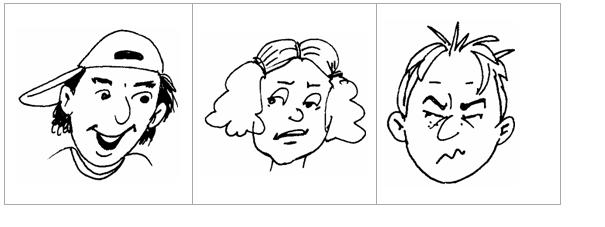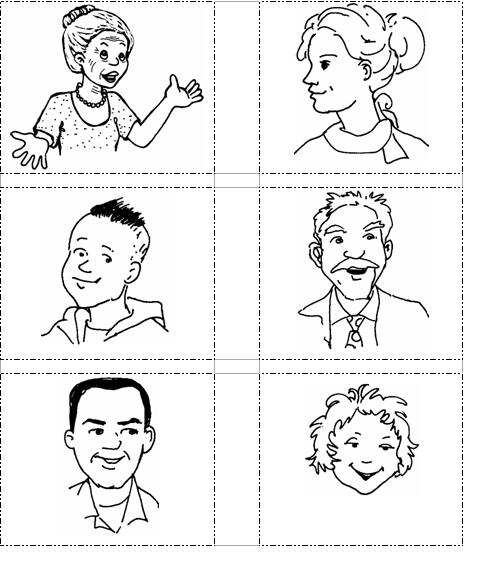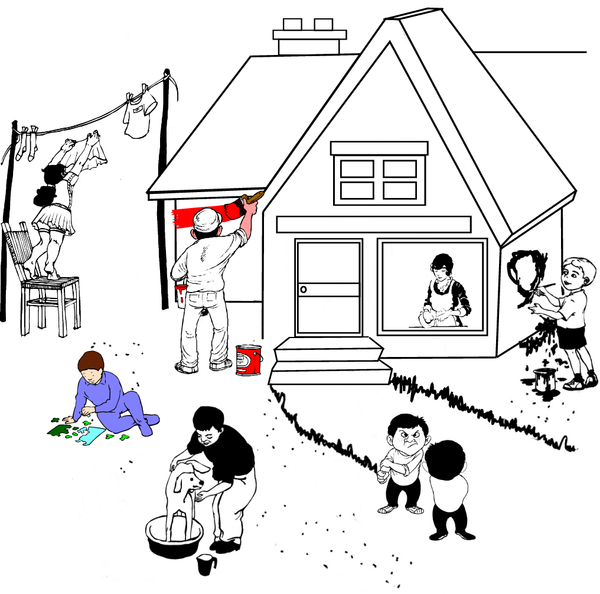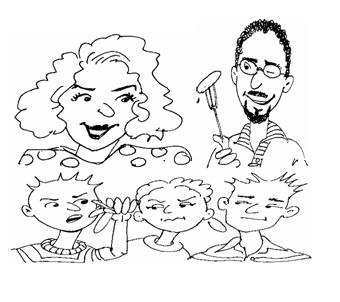| << Chapter < Page | Chapter >> Page > |




Draw your family :
This is my family!
| Yes | No | ||
| I have 1 family. | |||
| I have 2 families. |




| Learning Outcomes(LO’s) |
| LIFE ORIENTATIONLO 2 |
| SOCIAL DEVELOPMENT The learner will be able to demonstrate an understanding of and responds to constitutional rights and social responsibilities, and to show an understanding of diverse cultures and religions. |
| Assessment Standards(ASs) |
| We know this when the learner: |
| 2.3 explains relationships with members of the family, extended family, school and broader community. |
| HISTORYLO 2 |
| HISTORICAL KNOWLEDGE AND UNDERSTANDING The learner will be able to demonstrate historical knowledge and understanding. |
| Assessment Standards(ASs) |
| We know this when the learner: |
| 2.1 discusses own and other people’s experiences in the past and present; |
| EMSLO 2 |
| SUSTAINABLE GROWTH AND DEVELOPMENT The learner will be able to demonstrate an understanding of reconstruction, sustainable growth and development, and to reflect critically on its related processes. |
| Assessment Standards(ASs) |
| We know this when the learner: |
| 2.2 displays teamwork skills in undertaking tasks at school. |
| ARTS AND CULTURELO 1 |
| CREATING, INTERPRETING AND PRESENTING The learner will be able to create, interpret and present work in each of the art forms. |
| Assessment Standards(ASs) |
| We know this when the learner: |
| 1.3 ( drama ) – participates in simple dialogue and action sequences based on familiar experiences in own family or community;1.9 ( visual arts ) – engages in creative art processes by using the senses and emotions to explore design elements, with emphasis mainly on primary colours and line;1.10 ( visual arts ) – discovers simple geometric shapes such as lines and squares. |
| LO 2 |
| REFLECTING The learner will be able to reflect critically and creatively on artistic and cultural processes, products and styles in past and present contexts. |
| Assessment Standards(ASs) |
| We know this when the learner: |
| 2.6 ( visual arts ) – explains what is being conveyed in own art and what the learner thinks is conveyed in others’ artworks;2.7( composite ) – interprets words, poems, stories and ideas through play, fantasy and the imagination. |
| LO 3 |
| PARTICIPATING AND COLLABORATING The learner will be able to demonstrate personal and interpersonal skills through individual and group participation in Arts and Culture activities. |
| Assessment Standards(ASs) |
| We know this when the learner: |
| 3.7 ( composite ) – makes decisions and choices, and follows instructions in art activities. |

Notification Switch
Would you like to follow the 'Life skills grade 1' conversation and receive update notifications?